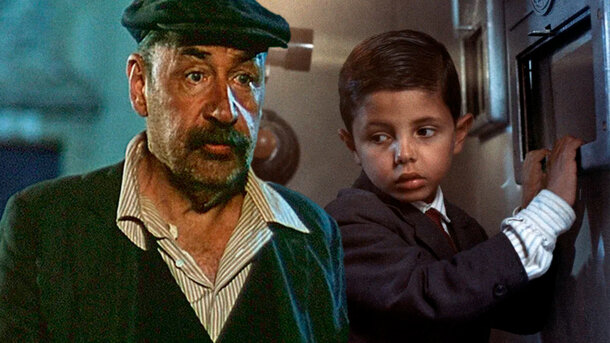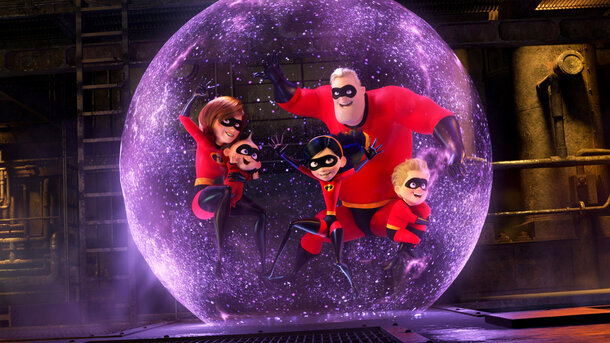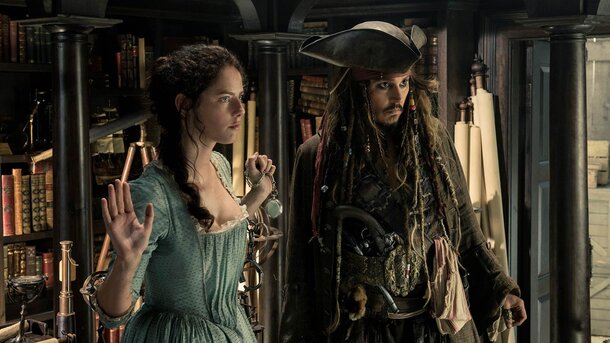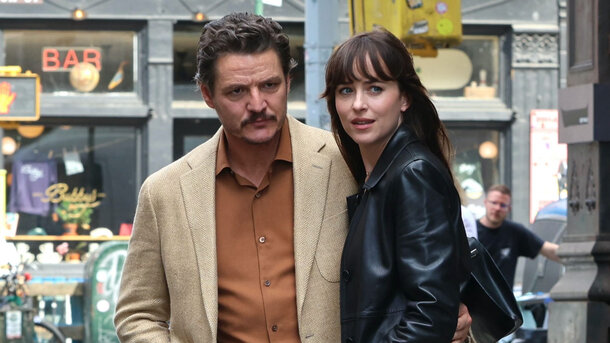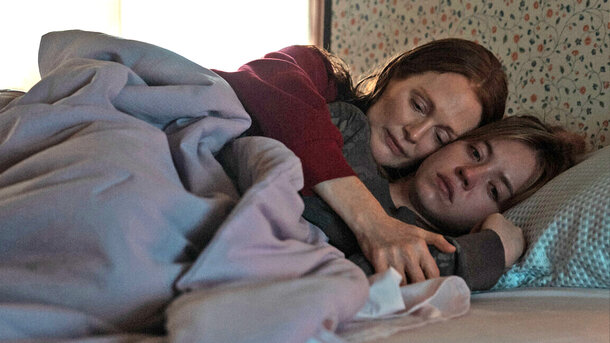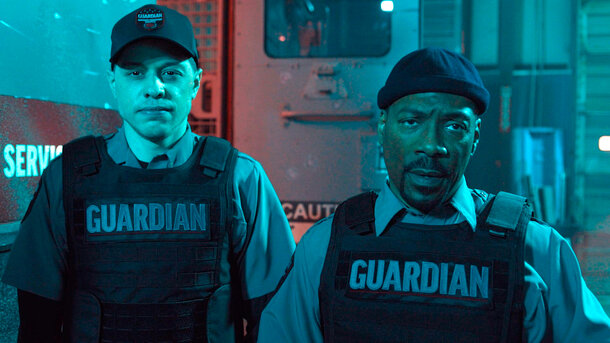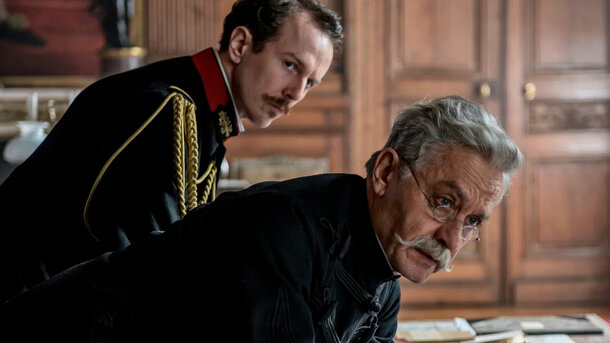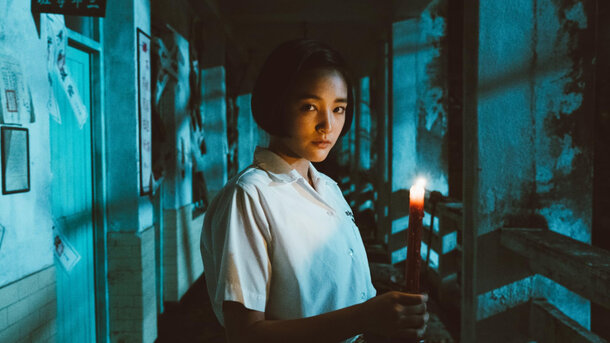Let me tell you — few films have ever wrapped themselves around my heart quite like Cinema Paradiso. Watching it again feels like thumbing through an old photo album you thought you’d lost. Giuseppe Tornatore’s 1988 masterpiece is not just a film; it’s a tender elegy to youth, love, and — most hauntingly — the cinema itself.
We meet Salvatore, affectionately called "Toto", across three stages of his life: the wide-eyed child, the restless teen, and the quietly melancholic adult. Through each chapter, we follow his devotion to the cinema in his small Sicilian village, guided by the warm, world-weary projectionist Alfredo (Philippe Noiret in a career-defining role). Their friendship isn’t just the soul of the film — it is the film.
A Story Framed in Light and Loss
The plot unfolds like memory itself — fragmented, warm, and tinged with regret. As adult Salvatore returns home for a funeral, we’re drawn into a sweeping flashback of rural life, first love, and the flickering reels that brought everyone together. This is not a film that races; it lingers. It invites you to breathe in every quiet look, every dusty street, every black-and-white kiss that was once censored by the village priest.
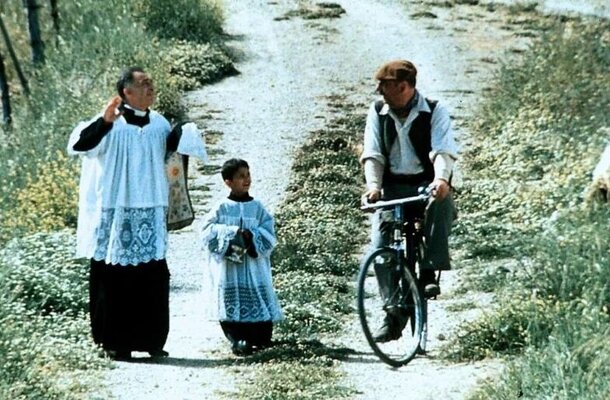
Thematically, it’s about far more than movies. It’s about leaving and longing. About how time slips between our fingers, even when we think we’ve grasped it.
Tornatore’s Direction: Sentimental but Never Soft
Giuseppe Tornatore directs with such a personal touch that the entire film feels like it was lifted from his diary. His choice to use Cinema Paradiso as both a literal place and a metaphorical space is quietly brilliant. The pacing may test modern viewers raised on plot twists and cliffhangers, but trust me — its stillness is its strength.
Performances That Don’t Act — They Remember
Philippe Noiret gives Alfredo a depth that’s both gruff and fatherly. He isn’t there to fix Toto’s life — he’s there to gently shove him toward it. Young Salvatore (played by Salvatore Cascio) is impossibly charming without veering into the saccharine. And Jacques Perrin’s final moments as adult Toto? Wordless, restrained, devastating.
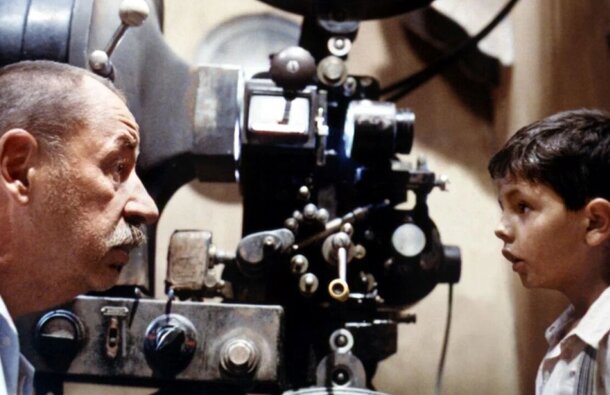
Sound and Cinematography: Pure Romance
Ennio Morricone’s score might be one of the most achingly beautiful pieces ever composed for film. That final montage? With that music? It’s cinematic alchemy. The cinematography by Blasco Giurato captures Sicily in golden hues and dusty shadows — a village suspended in a dream.
Audience Reactions: USA vs. UK
In the UK, Cinema Paradiso has become something of a cult classic among those who cherish arthouse and European cinema — its warmth and intimacy speak volumes without shouting. It’s often revisited during late-night retrospectives and independent film seasons.
In the US, it took longer to gain traction, initially underappreciated until it won the Oscar for Best Foreign Language Film. Today, it’s regarded by American cinephiles as a top-tier tearjerker, especially amongst those who came of age during the VHS rental era.
Final Verdict: Bring a Handkerchief and Your Heart
Cinema Paradiso is a rare gem that doesn't just show you a story — it reminds you of your own. Your first heartbreak. Your childhood haven. Your lost chances. It’s sentimental, yes — but never manipulative. It earns every tear, every sigh, every wistful glance at a movie poster long forgotten.
Pros & Cons Summary:
- + Glorious score by Morricone
- + Emotionally layered storytelling
- + Strong performances, especially from Noiret and Cascio
- – Slow pace may not suit all modern tastes
- – Some scenes cut in international versions (seek the original if you can)
Facts:
- IMDb rating: 8.5/10
- Budget: Estimated $5 million
- Awards: Academy Award winner (1990), Grand Prix at Cannes (1989)
